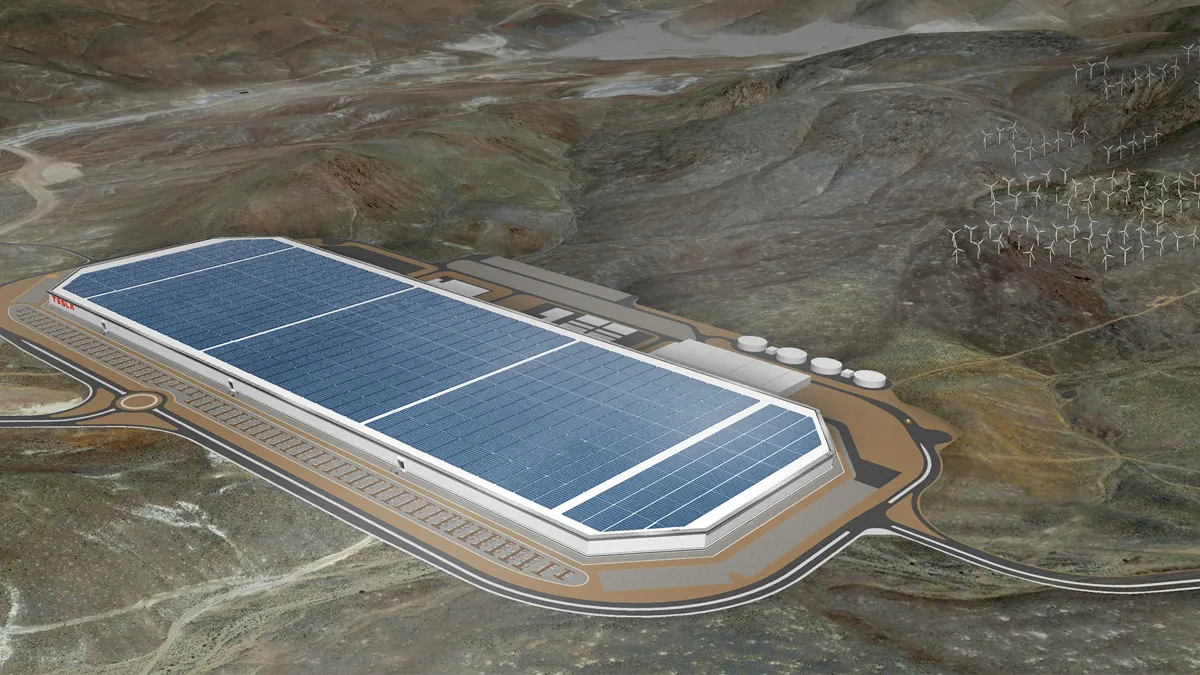Dive Brief:
- Renewable energy advocate Tesla Motors and its founder Elon Musk speak often to their mission of staving off the threat of climate change through electric cars, claims that its supply chain is not linked to human rights violations, but refused to offer its sources for the raw materials for its lithium batteries, The Washington Post reported last week.
- Lithium-ion batteries are manufactured out of raw materials sourced from various places, including the cobalt mines in Congo, graphite plants in China and lithium deposits in South America. Tesla and other companies that rely on these batteries have been tied to these manufacturers.
- Although Tesla claimed that it performs internal audits on its sourcing and pledged to investigate the Congo, it had not yet done so by this past September.
Dive Insight:
Tesla and its founder Elon Musk have positioned themselves as leaders in the quest for finding affordable renewable energy in order to sustain the planet's resources. It may prove to be ironic then that the company, with its focus set on the planet, is participating in a supply chain that abuses the planet's population that are responsible for creating the renewable energy.
Any company may have good intentions toward achieving this kind of sustainability that can have global impact, but as companies such as Tesla demonstrate, the holistic view of advancement is complex, with different motivations pulling stakeholders in different directions. No business, even one that is run by a visionary such as Musk, can guarantee full compliance without an aggressive, multi-pronged approach. The longer the chain from original sourcing to end product, the more aggressive companies must be.
No one disputes the challenges facing an ethical business producing a complex product. Audits are expensive, whether performed by the company itself or by a certified third party. It is only recently that the incentive for assigning resources to human rights violations has become publicly motivated. But going forward, the public and investor outcry over unfair or illegal practices will continue to influence a company's bottom line, and could provide the motivation for necessary change.













